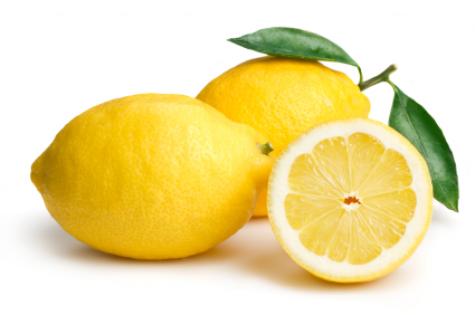Lemon juice may be a vital tool in the investigation of male fertility.
The spermicidal properties of lemon juice - or its active ingredient citric acid - have long been recognised, so it seemed like a good idea to launch a trial with lemons when scientists at the fertility clinic, Genea, were looking for a natural substance to aid the process of analysing the quality of sperm.
The standard substance is formaldeyde which is also a carcinogen that is harmful to those using it. Researchers wanted to find a natural alternative that was just as effective under a microscope.
A basic semen analysis is a common early investigation for couples who have problems conceiving, with male infertility the underlying cause for 40 per cent of couples. The analysis is conducted to test for clumping of sperm, presence of other cells, debris and the number and shape of sperm.
The inspiration to try lemon juice came, in part, from the work of another Australian scientist, Professor Roger Short from the University of Melbourne who had earlier investigated whether lemon jice could not only immobilise sperm but might even be able to stop the spread of the HIV virus.
While further research proved the HIV theory wrong, the Genea scientists set out to discover if the immobilisation of sperm theory could be proved - and it was, with research showing that lemon juice was just as effective as formaldehyde to assist in early investigation. Genea Scientific Director, Steve McArthur, said Genea is likely to move to using lemon juice routinely in their andrology laboratory.
The results of the study were presented to the Annual Scientific Meeting of the Fertility Society of Australia in Auckland last week.
Mr McArthur said they are focussed on "developing innovative technologies to overcome male infertility and ensure the best possible chance of our patients achieving a healthy birth."
















__small.png)










